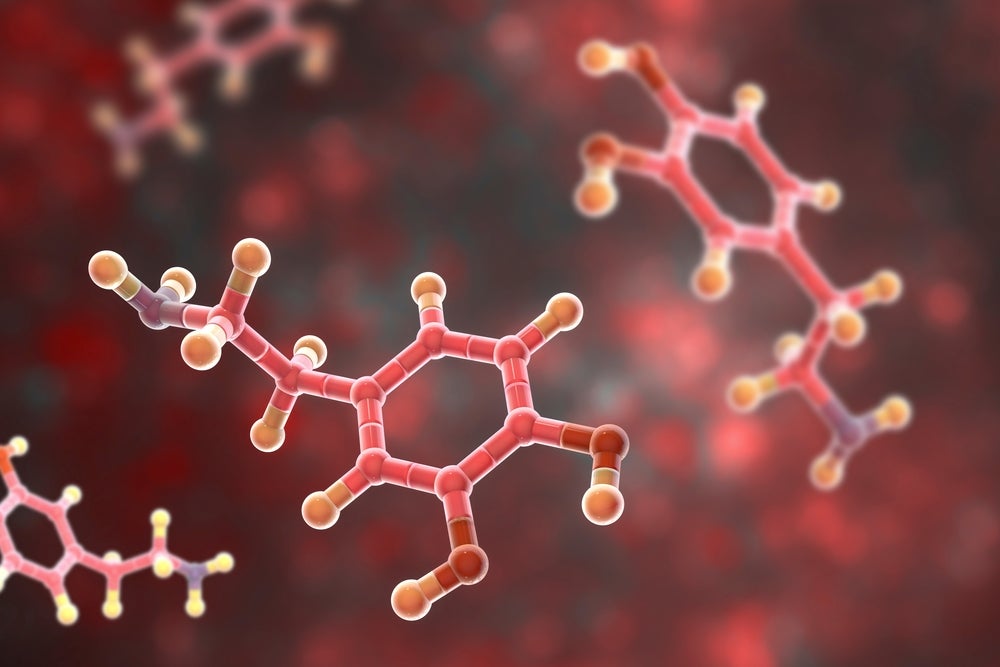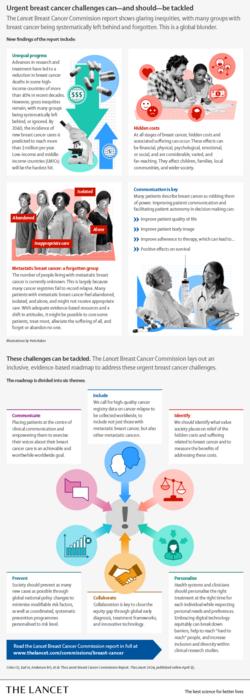New Research Connects Frailty to Increased Five-Year Mortality Rates in Older Women Diagnosed with Breast Cancer
A groundbreaking study published in JAMA Network Open highlights the critical connection between frailty trajectories and survival outcomes in older women undergoing chemotherapy for breast cancer. Frailty, a syndrome characterized by a decline in physiological reserves, manifests as fatigue, weakness, and weight loss, significantly impacting the quality of life and survival rates of elderly patients. […]


A groundbreaking study published in JAMA Network Open highlights the critical connection between frailty trajectories and survival outcomes in older women undergoing chemotherapy for breast cancer. Frailty, a syndrome characterized by a decline in physiological reserves, manifests as fatigue, weakness, and weight loss, significantly impacting the quality of life and survival rates of elderly patients. The findings from this expansive research underscore the necessity for clinicians to monitor and manage frailty among their patients to enhance cancer treatment outcomes.
Comprising a vast cohort of 20,292 women aged 65 and older with stage I to stage III breast cancer, the study meticulously tracked the frailty trajectories of participants following the initiation of adjuvant chemotherapy. Researchers determined that a concerning 4.5% of the cohort experienced nonresilient frailty trajectories, indicating a marked decline in their physiological reserves post-chemotherapy. Strikingly, those women classified within this nonresilient category demonstrated significantly worse survival rates when compared to their counterparts who either maintained stable frailty levels or exhibited improvements over time.
The study’s implications extend beyond the immediate survival outcomes associated with chemotherapy, revealing critical insights into the long-term health of older women with breast cancer. Notably, those patients who were able to sustain their physical strength or recover from temporary declines enjoyed markedly better survival rates. This correlation between frailty management and improved outcomes highlights a pivotal area for further investigation and sociomedical intervention in geriatric oncology.
One of the more alarming revelations from the research was the heightened mortality rate among women undergoing nonresilient frailty trajectories. Although representing a minority of the larger cohort, this group experienced significantly increased mortality, indicating that managing frailty should be a priority for healthcare providers, particularly in the oncology setting. Health practitioners are thus encouraged to employ integrated care strategies that address not only the cancer but also the overall well-being of their patients.
Importantly, tracking frailty over time has proven useful for identifying overarching survival trends within patient groups, yet researchers cautioned against its effectiveness as a predictive tool for individual patient outcomes. The study prompted questions about the ability to customize patient care based on individual frailty assessments, which is a crucial consideration in the treatment of older adults who often present with a multitude of comorbid conditions.
Furthermore, the implications of this research extend to future studies aimed at exploring whether frailty changes correlate with other significant health outcomes, such as the incidence of falls or hospitalizations. In this regard, understanding the nuances of frailty can equip healthcare providers with invaluable insights to preemptively address potential complications and incorporate necessary interventions. For instance, targeted strategies that include nutritional support, physical activity enhancements, and comprehensive management of chemotherapy-related side effects could be essential in mitigating the risks associated with frailty.
The researchers emphasized the importance of longitudinal studies that monitor frailty trajectories over the course of cancer treatment. By closely assessing these changes, healthcare providers can adapt their treatment plans to meet the evolving needs of their patients. This proactive approach could ultimately lead to improved survival rates and enhanced quality of life for older women navigating the challenges of breast cancer treatment.
Dae Hyun Kim, MD, MPH, ScD, who contributed significantly to the study, articulated the findings eloquently. “Our research demonstrates that frailty is not a static condition but can change over time, especially during cancer treatment,” he stated. His commentary highlights the transformative potential of individualized treatment modalities that take into account not just the cancer but the frail state of the patient.
As the study continues to garner attention, the findings resonate across a broad spectrum of stakeholders in the healthcare field, particularly among geriatricians, oncologists, and nursing staff. The emphasis on frailty as a dynamic entity rather than a fixed state may shift traditional paradigms in cancer care, encouraging a more holistic view that encompasses physical, emotional, and psychological health.
Over the coming years, the objective will be to articulate clearer guidelines for assessing frailty among elderly cancer patients. Developing robust frameworks that allow for timely interventions could be the key to shaping a more effective healthcare delivery model. This will require a concerted effort among researchers, clinicians, and policymakers to prioritize the integration of frailty assessments into standard oncological evaluations.
Ultimately, as the population ages, the challenge of managing frailty among older cancer patients will grow increasingly paramount. This study acts as a clarion call to the medical community to take urgent action in refining approaches to care that are responsive to the realities of aging and chronic disease. As we continue to uncover the intricate relationships between frailty and cancer outcomes, fostering interdisciplinary collaboration within the healthcare sector will be essential to optimize patient care and ensure a dignified aging process for our elderly population.
The study’s findings are a step toward a greater understanding of frailty in the context of cancer treatment and may have profound implications for the management of chronic conditions in older adults. Future research will be vital in advancing knowledge in this area and ensuring that treatment strategies align with the lived experiences of older patients facing daunting health challenges.
In closing, this research serves as an important reminder that as we strive for advances in cancer therapies, we must also pay close attention to the holistic dimensions of patient care. By addressing frailty actively, healthcare providers can improve survival rates, enhance patient well-being, and ultimately transform the oncology treatment landscape for older women with breast cancer.
Subject of Research: Frailty Trajectories in Elderly Women with Breast Cancer
Article Title: Frailty Trajectories Following Adjuvant Chemotherapy and Mortality in Older Women With Breast Cancer
News Publication Date: 12-Mar-2025
Web References: https://jamanetwork.com/journals/jamanetworkopen/fullarticle/2831318
References: N/A
Image Credits: N/A
Keywords: Breast Cancer, Frailty, Chemotherapy, Older Women, Survival Outcomes, Geriatric Oncology, Healthcare Interventions, Physiological Reserves, Aging Research.
Tags: adjuvant chemotherapy effectschemotherapy impacts on frailtyfrailty and breast cancer treatmentimplications of frailty on cancer prognosisJAMA Network Open research findingsmanaging frailty in cancer carenonresilient frailty trajectoriesolder women health outcomesphysiological reserves and cancer survivalquality of life in breast cancer patientssurvival rates in elderly cancer patientstracking frailty in older adults
What's Your Reaction?


































